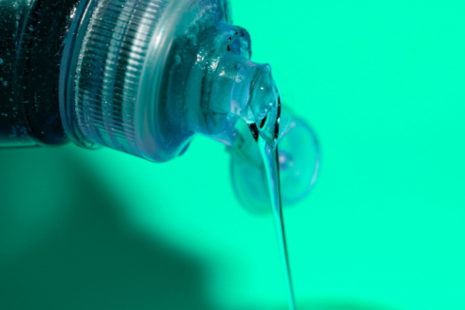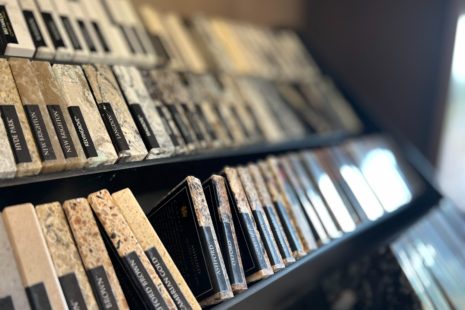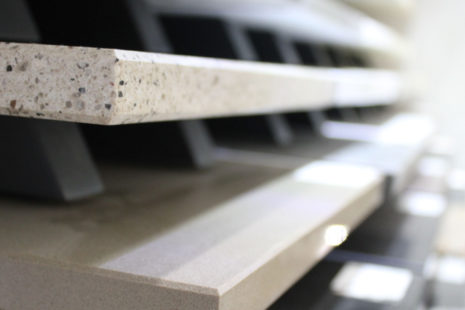In general, quality quartz countertops should have no smell. The stone quartz chips they are made of are odorless, and once heat treated, the resins and polymers in it will be odorless once the countertops have been heat-treated during manufacturing. Since quartz is non-porous, there shouldn’t be any pores to absorb anything that would harbor a smell. That said, some homeowners think that their new countertop has a bit of a mild odor just after installation, but this should fade quickly.
It is possible for quartz countertops to develop a smell. This is why knowledge about best practices with them is so necessary. The most likely culprit behind any smell is using a towel or sponge to clean that smell. A dirty dish rag or a mildewy sponge will leave behind that odor on top of the quartz, resulting in a scent. The other most common cause of smell in your quartz countertops is caused by improperly placing hot items directly on the stone.
As stone, the quartz itself is fine, but the resins and polymers in the countertops can start to be affected at temperatures around 300 degrees Fahrenheit. This is the most likely cause for any sulfur-like smells emitting from the counters. In extremely rare cases the cause of a smell may be due to low-quality items or flaws in the manufacturing process.
Though highly unusual, it has occurred when buying countertops that were low quality or even fake. In most cases, a regular cleaning with soapy water and a clean towel — making sure to dry excess moisture off after — will keep smells from forming. But in rare cases, you may want to make a mix of rubbing alcohol (90%) and water (10%) and clean your countertops with that to eliminate any odors. You can also use acetone to clean the countertops, but be mindful of their flammability. If smells persist, you may contact the manufacturer or installer.




